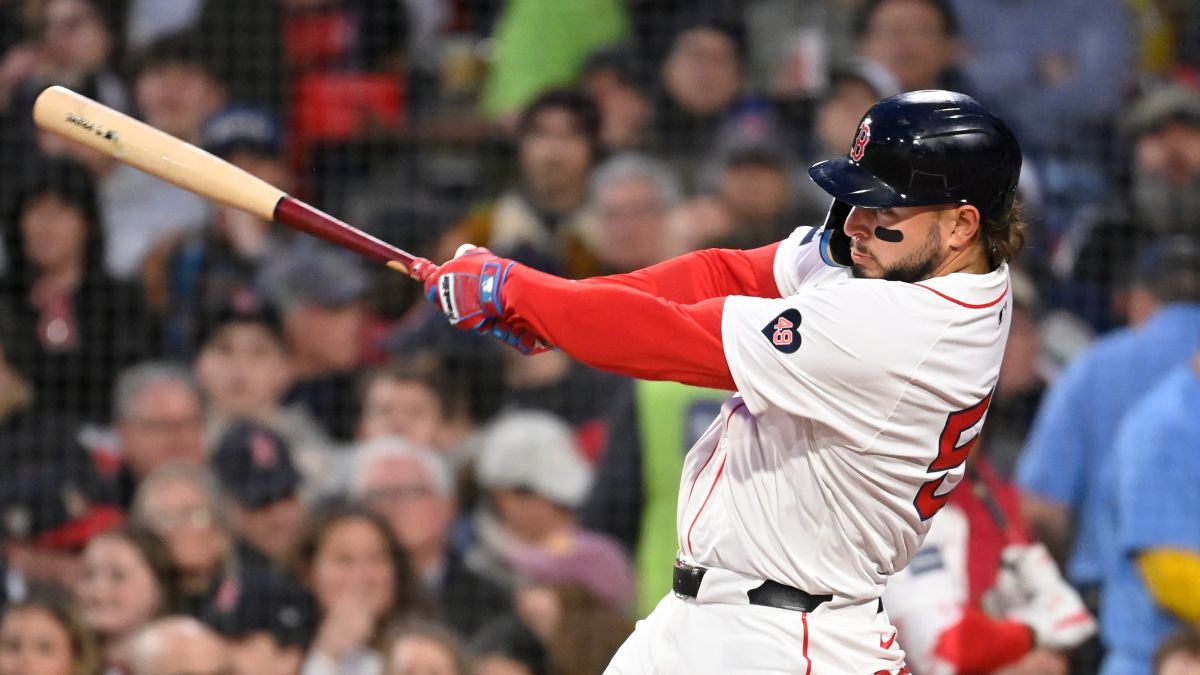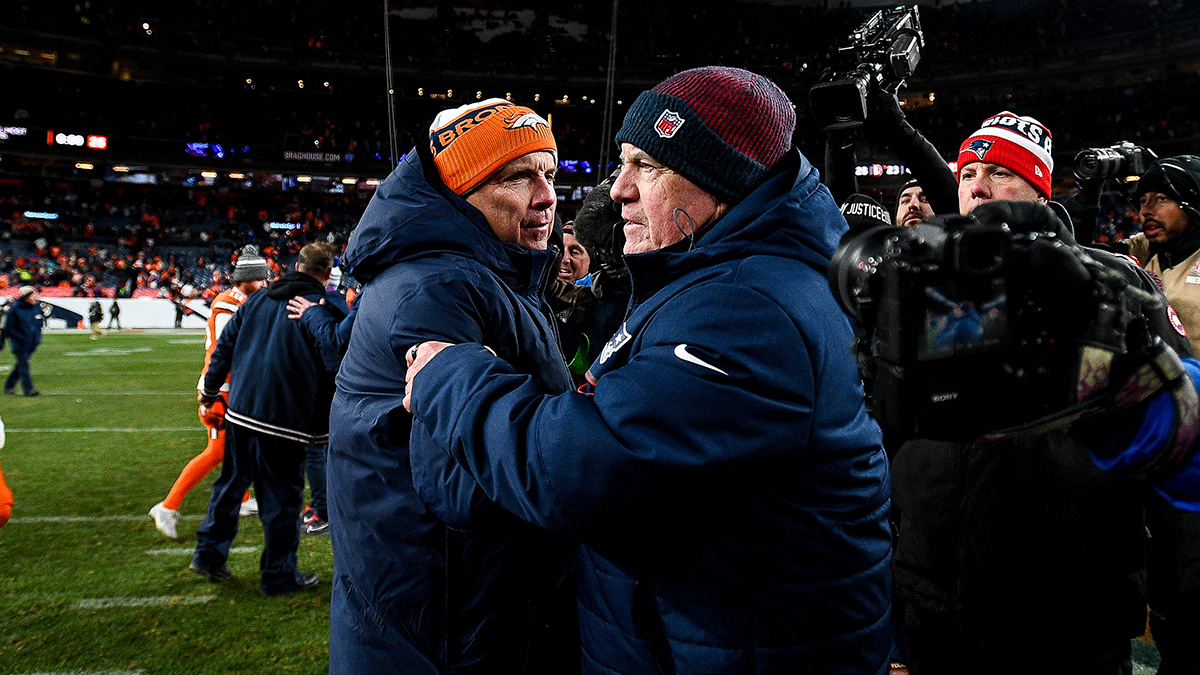Rabbi Keith Stern still remembers his first encounter with anti-Semitism.
Stern was playing on the swings at his elementary school when a classmate told him a joke about Jewish people.
He never told his father, a Holocaust survivor, fearing he would be furious about what his son had experienced.
"I absolutely knew if he heard about this that he would go to the school and wreak havoc," Stern said, "and … that would further out me as a Jew."
Stern, rabbi at Temple Beth Avodah in Newton, said he feels the same fear come flooding back decades later when hate rears its head in his community.
"It feels deeply, deeply painful, and it's frightening," he said.
Incidents of anti-Semitism have spiked around the country in recent years, including in Massachusetts, where more than 300 hate crimes are reported each year.
Local
In-depth news coverage of the Greater Boston Area.
For Stern, the resurgence of bigotry and prejudice is dismaying, though he takes comfort in his temple's relationship with the Newton Police Department.
Newton Lt. Bruce Apotheker has served for more than a decade as the department's civil rights officer. In that role, Apotheker is a liaison to the community, serving on its Human Rights Commission and building relationships with citizens and groups such as the NAACP and the Anti-Defamation League.
Apotheker is also a point-person for the department when hate crimes and other bias-motivated incidents surface.
"Not only do I want to ensure that a crime is investigated properly and everything's documented, but we want to make sure that the victim's needs are attended to," he said.
After a surge of anti-Semitic incidents, Gov. Charlie Baker revived the state's Task Force on Hate Crimes in 2017. It drafted four short-term recommendations, including designating a civil rights officer like Apotheker at every law enforcement agency in the state.
Officers who get the assignment are eligible for free training. Baker, in a November 2018 letter sent to all police chiefs, wrote that civil rights officers will play a key role assisting victims, reviewing incident reports and serving as a resource for colleagues.
"The relationship between local law enforcement agencies and the communities they serve is a key component to the effective prevention, investigation and prosecution of hate crimes and, most importantly, to supporting and aiding a victim's recovery," the letter reads.
Despite the governor's push, documents obtained by the NBC10 Boston Investigators show some police departments have been slow to act on the governor's request.
When the state surveyed departments last year, more than a quarter didn't respond. Of those that did, 16% said they still haven't designated a civil rights officer.
In comments provided to the state's Executive Office of Public Safety and Security, some departments said they didn't know they needed one.
Seven departments said they have no history of hate crimes, or don't otherwise have the demand.
Harwich police wrote that they hadn’t had the need for a civil rights officer though they were exploring the issue.
Harwich Police Chief David Guillemette later told us he has now appointed a hate crimes officer. “It was not my proudest moment,” he said. “It is entirely my responsibility.”
Police in Rowley wrote they "had not considered it based on a considerable lack of diversity in town but will moving forward."
Rowley's chief wouldn't sit down with us on camera for an interview, but said the department does take hate crimes seriously. After we started asking questions, he told us he has now appointed himself to the role.
Eight other departments told the state their staff are already capable of handling hate crimes.
Three — including Nantucket, which reported a hate crime last year — said they didn't know they needed one. Police in Nantucket did not provide a response for this story.
Cynthia Deitle, a former FBI agent who ran the bureau's civil rights program in Boston, says one benefit of establishing the job is building trust in the community.
"There's always hate somewhere, and it's going to manifest itself into something," she said. "If they're not seeing it, there's a problem."
Deitle now trains law enforcement officers on civil rights issues through the Matthew Shepard Foundation. She led some 175 officers from police departments around the state at a training earlier this month in Southbridge.
Deitle said Massachusetts is ahead of the curve by designating a point of contact for hate incidents at each police department. Hate crimes are vastly underreported, she said, and one way to improve that situation is for police to establish relationships with marginalized groups so they feel comfortable speaking out when something happens, Deitle said.
"I know it's a lot to ask for the smaller agencies, but I think again if they're prepared for when something happens, it's just going to bode well for the department and the community with how that hate crime is investigated and prosecuted," she said. "It's just always better to be prepared."
In 2018, there were more than 350 hate crimes reported in Massachusetts, according to FBI data. Race was listed as the motivation in more than half of the incidents; religion and sexual orientation were the other leading categories.
One such incident occurred last year in Dracut, where police allege two men from New Hampshire shouted slurs and pushed a man through the window of a pizza shop, telling him to go back to Africa, according to the Middlesex District Attorney's Office.
Dracut Police Chief Peter Bartlett said his detectives handled the incident appropriately, despite not having a civil rights officer. Nevertheless, Bartlett said he sees the value in designating someone to fill the role, and plans to in the future.
"It's not a willingness to participate in the program for us," Bartlett said. "It's who do we assign? Where do we get that body from?"
Baker said he hopes all departments will comply with his task force's recommendations within the next year.
"I get that we have 351 cities and towns," he said. "Most of them have less than 20,000 people. But that doesn't mean somebody in their department can't or shouldn't be able to play this really critical role in every community in the commonwealth."



